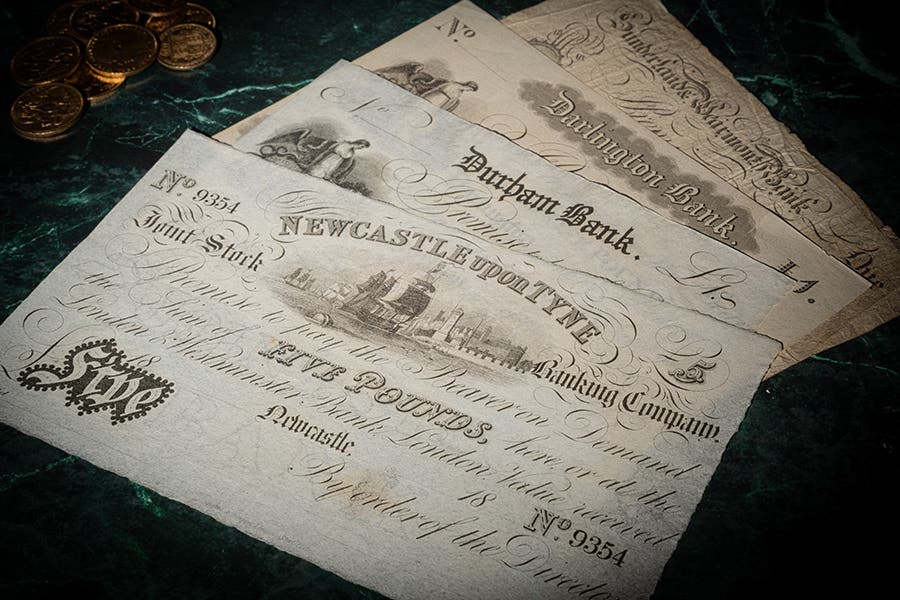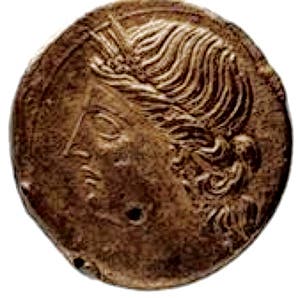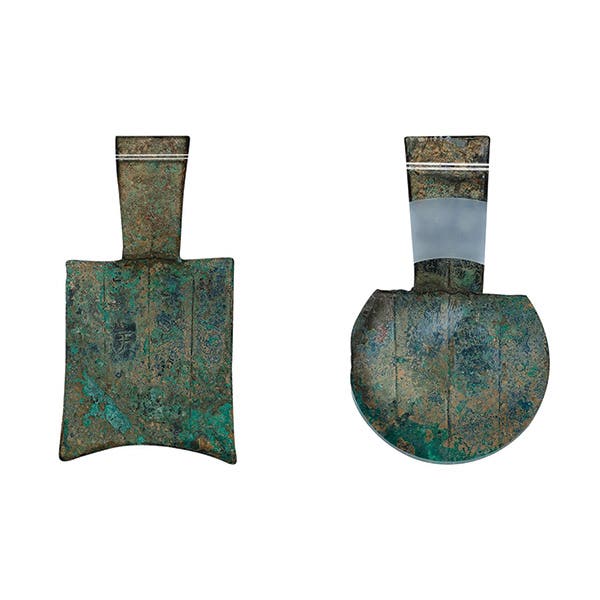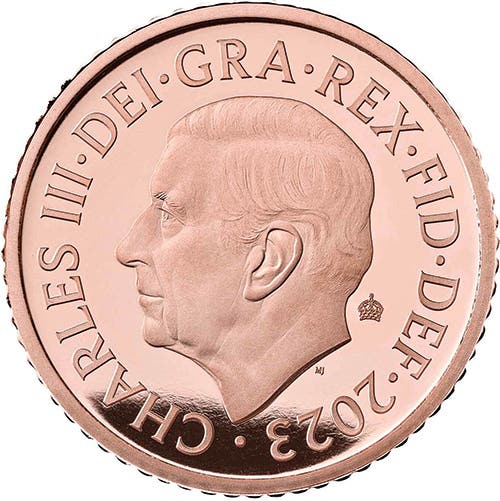Coin Hoarding May Be Illegal
Coin hoarding might be illegal? Where would you draw the legal line between hoarding and having a large coin collection? These are on the table as the Philippines considers legislation…
Coin hoarding might be illegal? Where would you draw the legal line between hoarding and having a large coin collection? These are on the table as the Philippines considers legislation that would tighter laws against currency counterfeiting and the unnecessary accumulation or hoarding of coins.
Bangko Sentral ng Pilipinas Governor Benjamin E. Diokno said, “These proposed measures are expected to further strengthen BSP’s currency operations covering production, distribution, deposit-taking from banks, authenticity verification, anti-counterfeiting operations, and retirement.”
The governor continued, “The proposal entails amendments to existing laws and will take into consideration the current economic landscape, as well as advancements in printing technologies,” adding, “The BSP continues to work with stakeholders towards protecting the public against the unlawful or improper use of Philippine currency.”
Philippine Senator Grace Poe added, “Reminders by the Bangko Sentral ng Pilipinas to be alert of fake bills from ATMs are disquieting and raise the question on how the bogus money can find its way into the banks’ machines. The burden of distinguishing counterfeit bills emanating from banks from genuine ones should not be placed on depositors... As keepers of the people’s money, banks must ensure state-of-the-art defenses against security breaches.”
The main thrust of the proposed law changes is aimed at counterfeiting. During November 2021 the central bank reported having executed seven enforcement operations involving the seizure of more than 500 bogus bank notes with a face value of more than 480,000 pesos within the first nine months of 2021. While that amount is exchangeable for less than $10,000 U.S. to anyone living in the Philippines this isn’t a negligible amount.
The Philippines is looking to increase the penalty for counterfeiting from its 12-year minimum prison sentence and maximum fine of 2 million pesos (about $19,500 U.S.) under the existing statute, Republic Act 10951. The conviction rate for counterfeiters in the Philippines is at 98.41 percent for those accused between 2010 and 2021.
Not as much attention has been paid to the coin hoarding provisions in the revisions of the law. In October 2021 50 million 1-peso coins were seized in a raid on a warehouse in Barangay Laging Handa, Quezon City. Smuggling is a problem regarding coins; their intrinsic value making it profitable to scrap them for their metal content. The central bank is using nickel-plated steel in current coins to discourage smuggling coin for their nickel content.
Currently anyone found guilty of hoarding can be jailed for one year and fined 100,000 pesos for every thousand coins or fraction of that amount that has been hoarded. The fine can’t be paid from the hoarded coins, which are seized by the government.
Chronic coin shortages in the Philippines have been blamed on coin hoarders as well as smugglers. Retail businesses are exempt from most hoarding rules due to using large number of coins in their daily operations. Likewise, charitable institutions, private banks, and government financial institutions that require large amounts of coinage are exempt.
Banks are required through the Anti-Money Laundering Law to question the source of coins when coins are brought to them in bulk. While the central bank insists it doesn’t want to discourage people from saving some coins in piggy banks at home there isn’t any legal definition of what constitutes hoarding that addresses what private citizens may hold. The legal definition also fails to address a significant number of coins held by an individual that the individual might insist is a coin collection.









